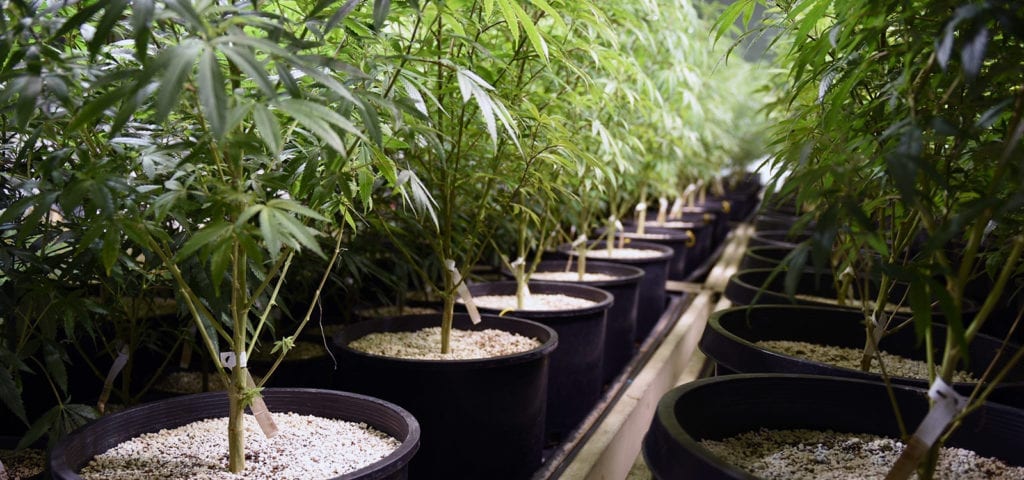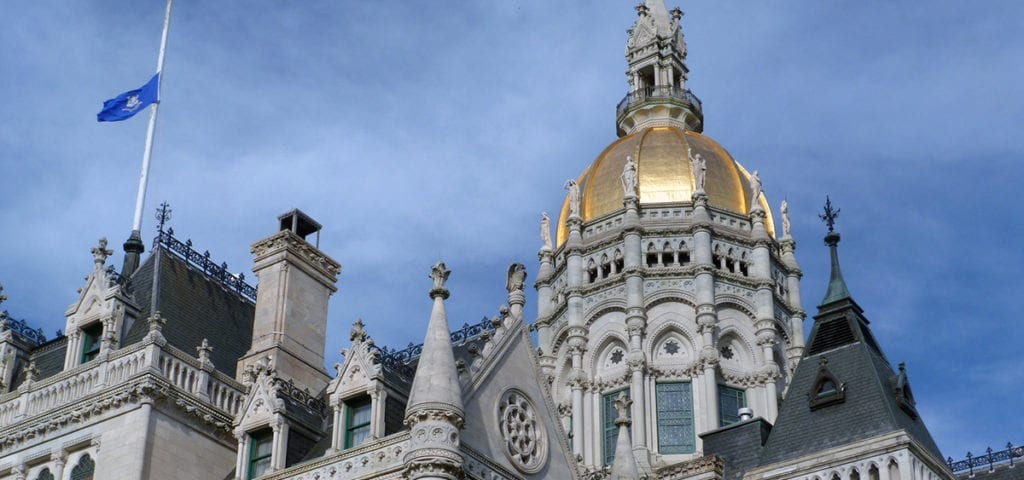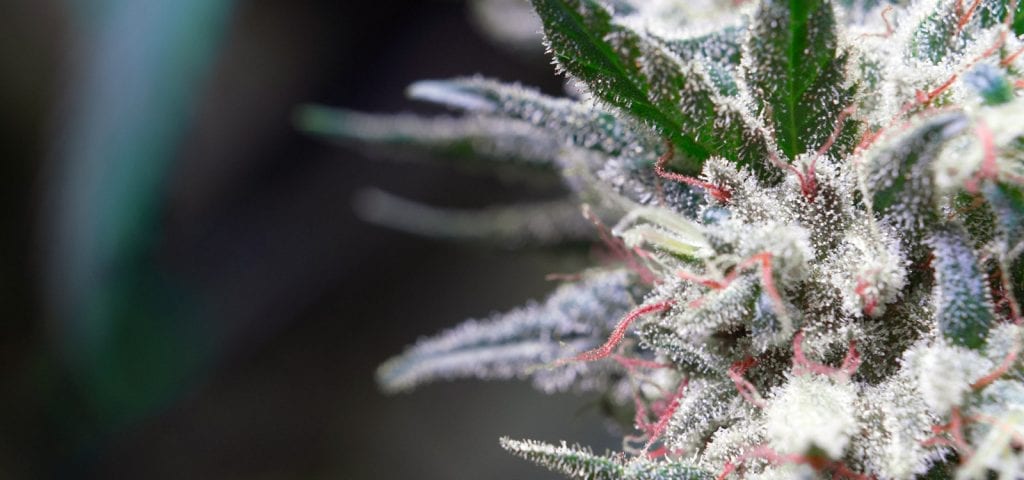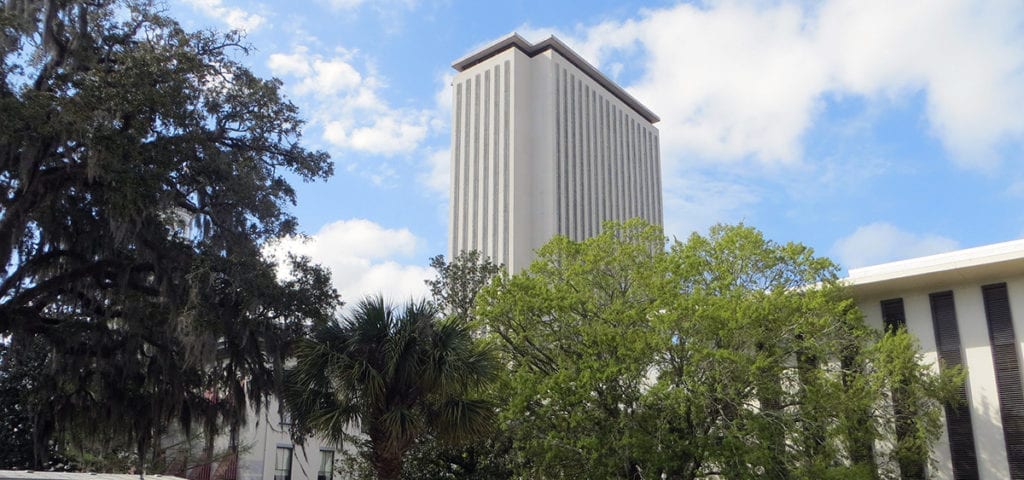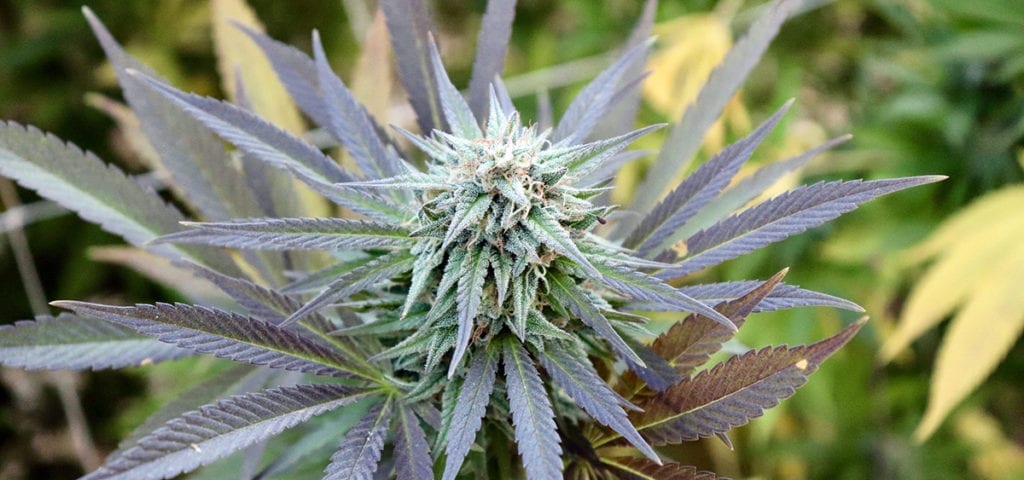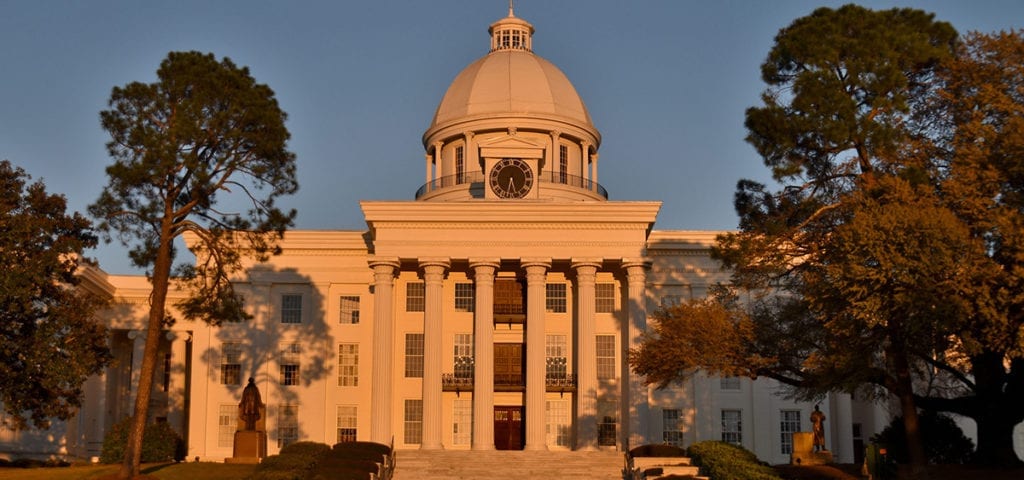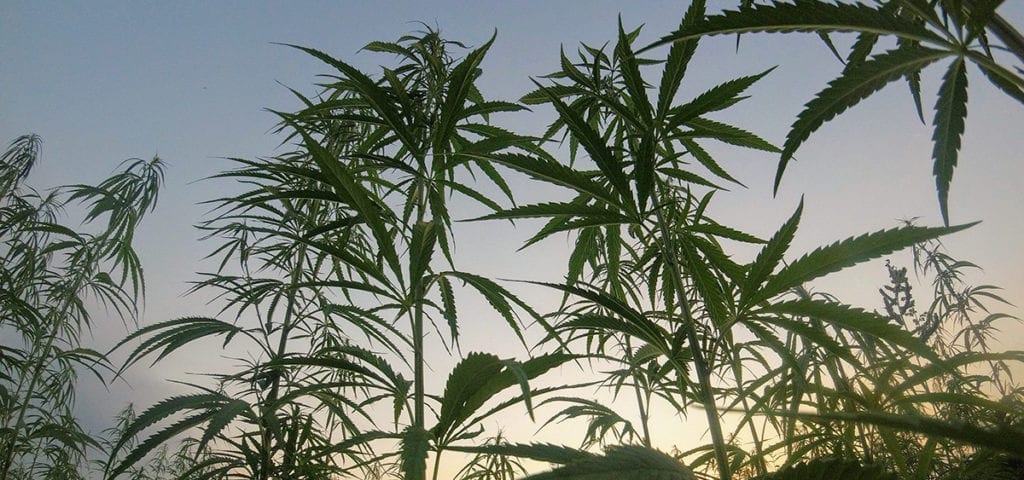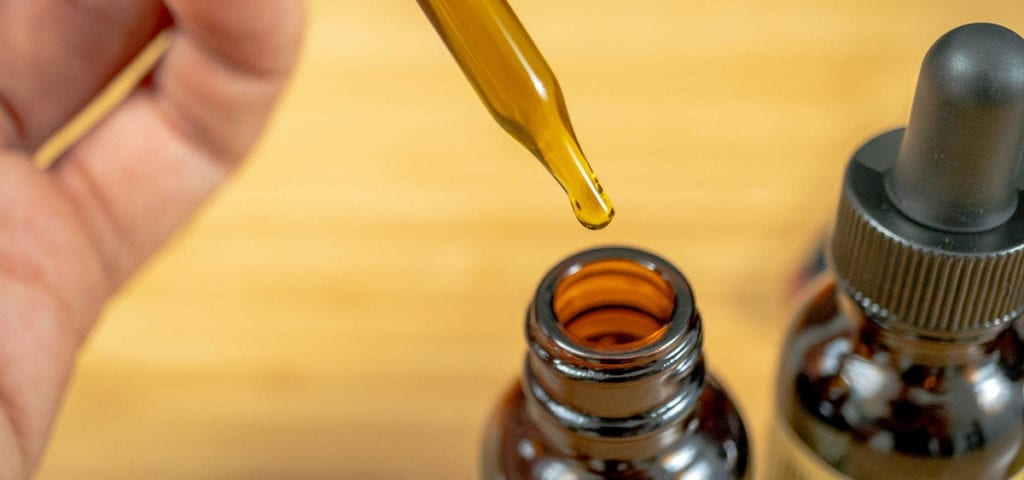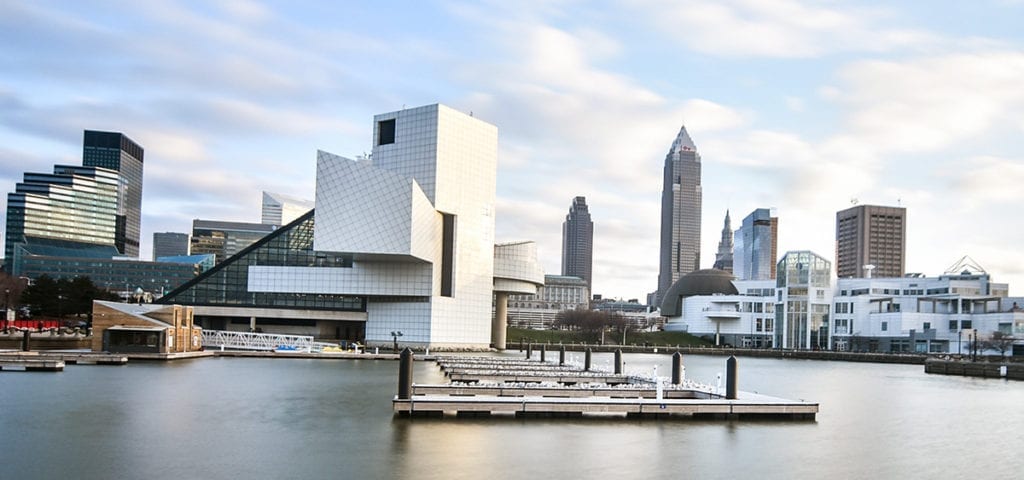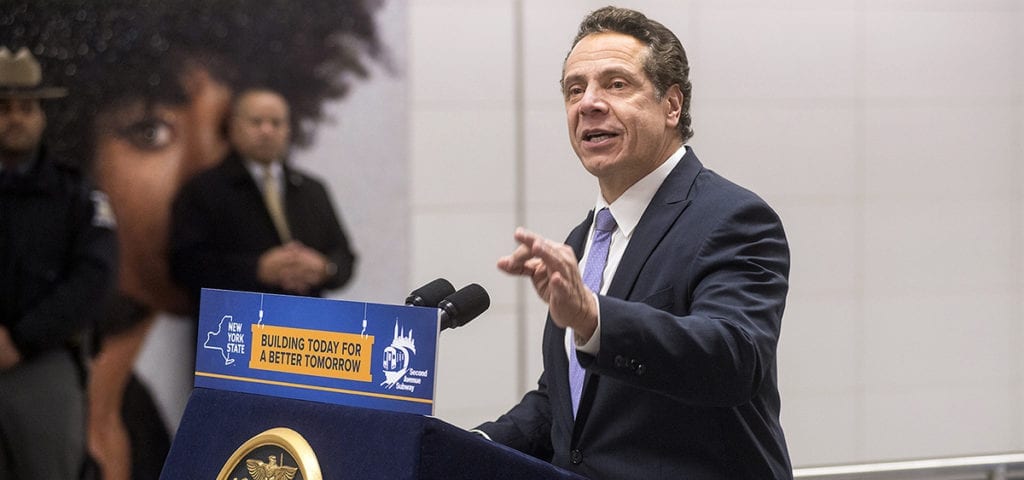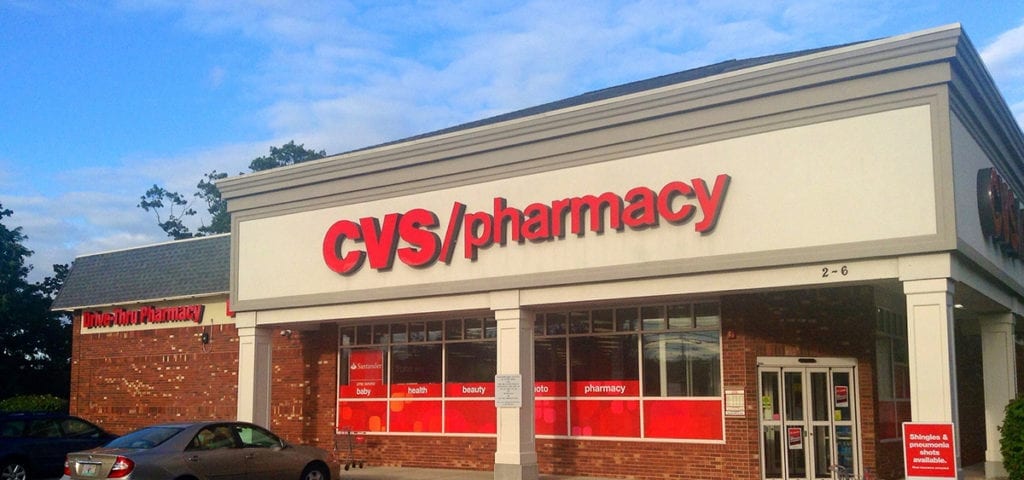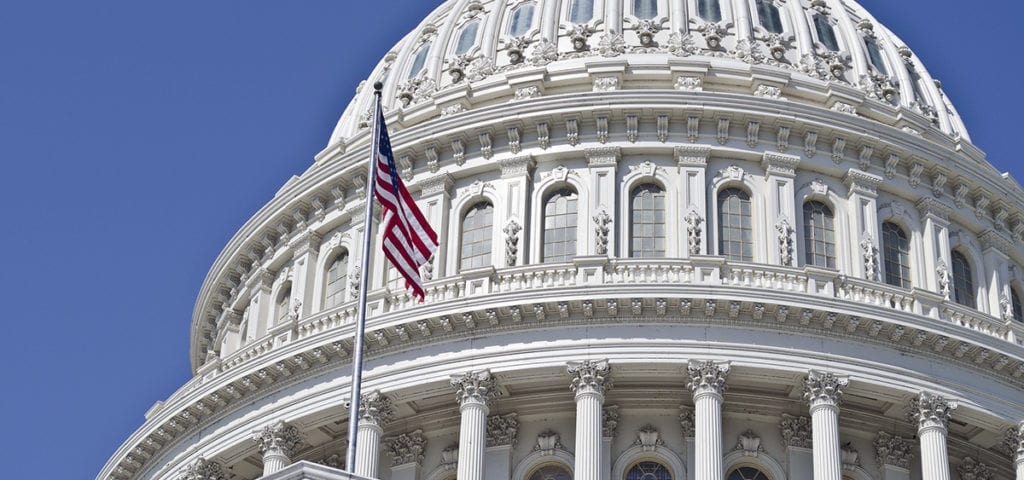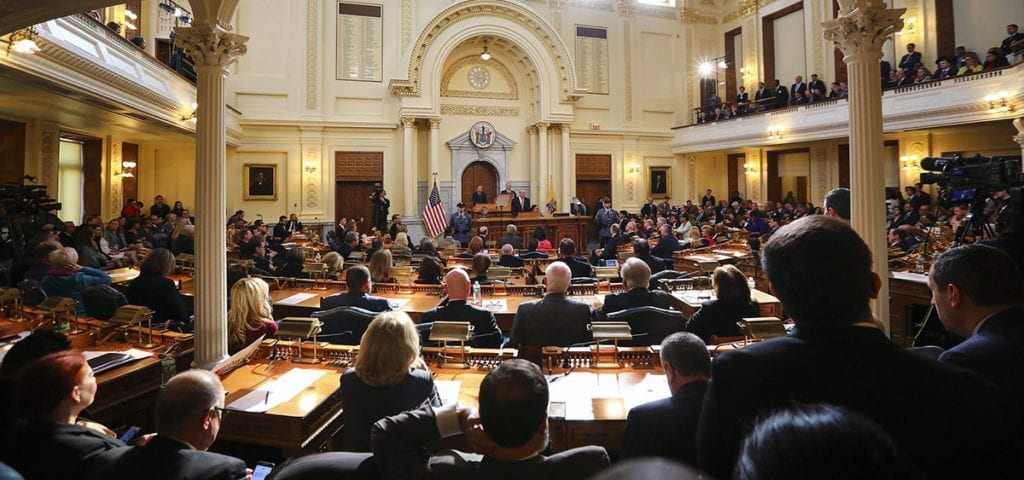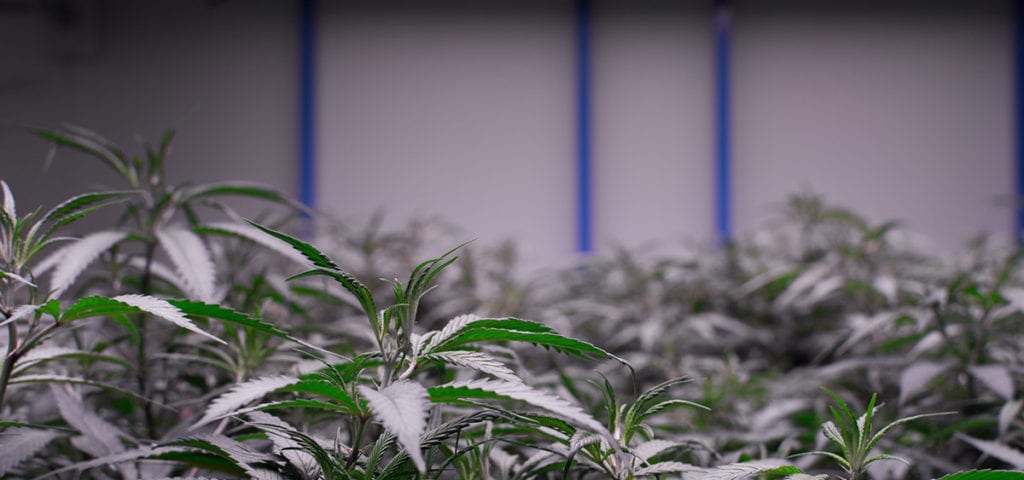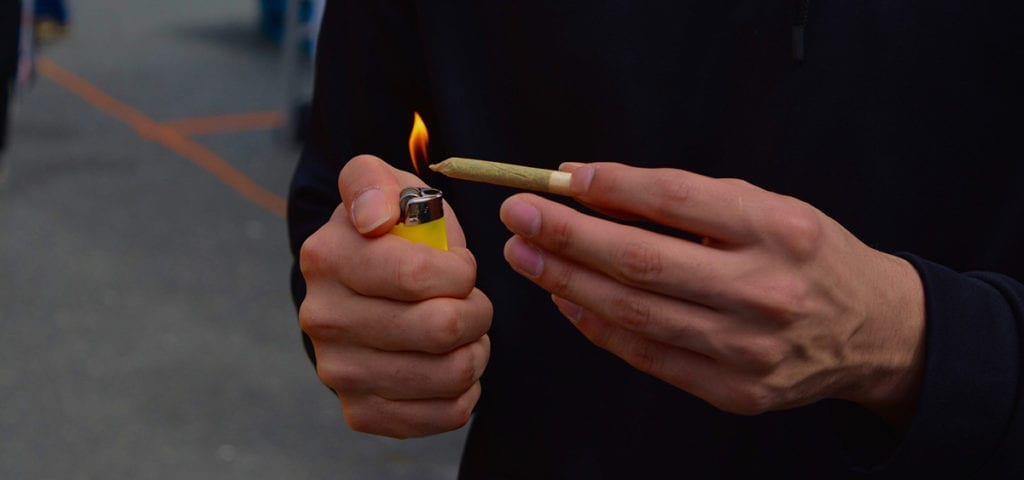San Diego, March 20, 2019 — 4Blooms.Guru, a national marketing agency for cannabis companies announces the APEX Branding Workshop which explores and crafts a cannabis, hemp or CBD brand. The problem they’ve observed is many companies are struggling to find their voice and can’t clearly articulate their mission, products, and services — visually or through words.
As a consequence, brands waste time and money executing weak marketing campaigns because the messaging isn’t built on a solid foundation of their origin story. This is where their APEX session intercedes and helps create the focal point for high-quality engagement, growth and success.
“An authentic voice can be the difference between a good brand and a great brand. Without a unique, recognizable branding approach, your products and services will get lost in the crowd, no matter how excellent they may be.” — Susan Rust, CEO, 4Blooms.Guru
A few of the most common branding and marketing issues clients have expressed include:
- Don’t know their own brand story or how to communicate it
- Don’t know their ideal target customers or want a different fan base
- Spending money but ROI is weak
- Site traffic is acceptable but conversions and sales are underperforming
The APEX Branding Workshop addresses these concerns and so much more.
What is 4Blooms.Guru’s APEX Branding Workshop?
4Blooms.Guru’s APEX Branding Workshop is a fully customized, proprietary half-day workshop created by national cannabis marketing company, 4Blooms.Guru. We’ll guide you through our tailor-crafted workshop to identify your origin story and purpose, to help you find and refine the message that resonates with your audience.
From this workshop, arrive at the truth: Why does your brand exist, and why should I care? You know yourself and your company best; what we do is help you identify the deep underlying reasons that inspired to create your company to begin with. Based on the outcome of the branding workshop, we’ll craft a campaign and articulate clearly why people should be a customer and advocate of your company.
How Does the APEX Branding Workshop Work?
Through the use of highly-targeted questions and our custom method for brainstorming, we lead you through an exciting process of self-discovery, reflection, and analysis. As you reach the end of the workshop, you’ll gain a more thorough understanding and expression of important points such as:
- What is your company’s purpose?
- What does your brand stand for?
- What is your Origin Story?
- Who are your ideal buyers?
- Who is competing in your space?
- What sets you apart?
- What are the benefits of buying from you?
With that information, we create a custom brand architecture document that with the style guide becomes your company go-to reference book for content, imagery, voice and style for your content, media, print and packaging. Once all of the key brand architecture pieces are all in place and ready to go, we’re then in a much better place to craft a smart branding campaign just for you.
Crafted Campaign Concepts: Express Yourself
Using the workshop as a launching point, we’ll dive into a fully customized branding and marketing campaign that covers these crucial main points:
- Campaign theme
- Target audience: Where are they? What influences them?
- Channel distribution (social media, YouTube, etc.)
- Approach (every marketing campaign needs a clever angle)
It’s your Origin Story that shines through. The campaign is a vehicle for embodying and delivering your unique story, purpose, mission and values. You will remain the same — only more focused, amplified, and energized with new purpose and direction.
Who Can Benefit from the APEX Branding Workshop?
All companies can benefit from the APEX Branding Workshop. In particular, the workshop provides exceptional benefits for:
- Newer brands — Companies uncertain of how to make an entry in the market
- Rebranding — Those with an existing customer base, but slow/stalled growth
- Expansion — Successful brands that want to expand or integrate vertically
Some companies who have recently launched are great examples of cohesive branding, web, packaging and print following their strong origin story:
- LiveBlackRain.com
- OKiWellness.com
- RaywearCC.com
- CannaPride.com
Work Directly with Cannabis Branding Professionals
We’ve seen firsthand how our APEX branding workshop can transform branding efforts from shy, timid presentations into powerful expressions of mission statements in ways that are creative, engaging, and impactful. This all becomes possible because, through the branding workshop, they rediscovered who they are, what they stand for, and what they can accomplish.
We’d love to work with your brand to develop your voice. You can only get this level of attention and inquiry at 4Blooms.Guru. Get in touch with us now to schedule your half-day APEX Branding Workshop.
Here’s a parting word from Susan Rust, CEO of 4Blooms.Guru, about the importance of creating your Origin Story:
“As humans, we’re wired to tell, hear and remember stories. It goes back to our pre-writing cultures. We want to know ‘who your people are’ and how that fits into our closest community of friends, family and beliefs. We look for that which resonates with our own selves. Through the Origin Story, we connect deeply with the customer to make them fans, someone who will repeat your story to others. Now that’s a win.”
About Susan Rust
With her deep knowledge and insight into the current legal cannabis bloom, Susan Rust is our resident guru at 4Blooms.Guru. Susan is also recognized nationally as a trainer, speaker, and mentor in the Drupal open-source community. Her expertise includes web project rescues and operations specialists who help companies scale through process, accountability and leadership training. Susan brings her extensive experience as leader of the 4Blooms.Guru agency. Her versatile team specializes in compliant cannabis packaging, branding, web, packaging and advertising for marijuana dispensaries, products, and services.
About 4Blooms.Guru
4Blooms.Guru was inspired by this unique ecosystem which needs a team that understands the marketplace and has the passion to serve you well. Let our talented team create exciting brands and creative campaigns for you. Let’s make your business bloom!


